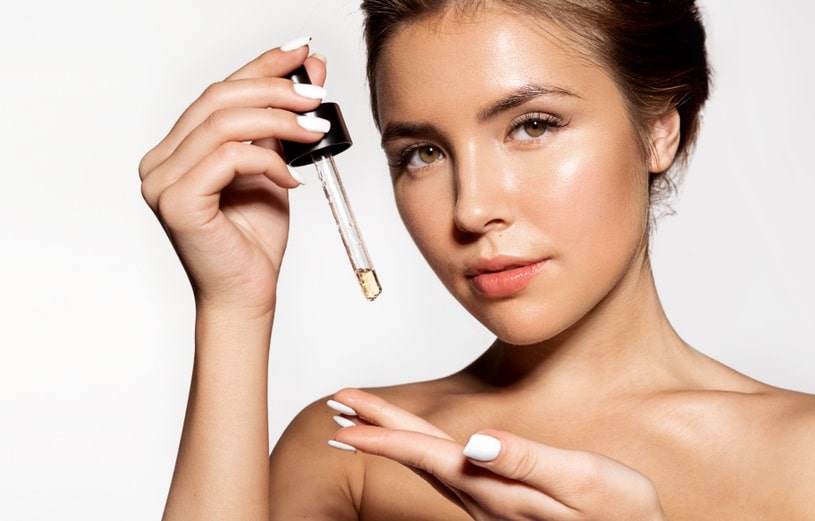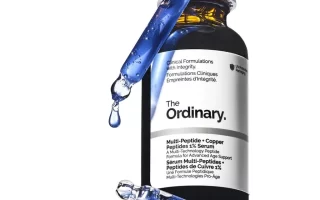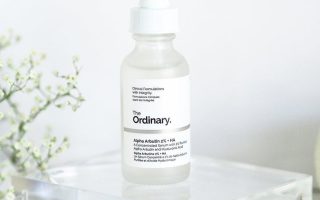Oregano, a robust herb renowned for its pungent aroma, goes beyond being a culinary delight—it’s a powerhouse of health benefits. Whether dried, fresh, or as an oil extract, this versatile herb, scientifically known as Origanum vulgare, adds a bold, earthy flavor to various dishes, particularly in Italian and Greek cuisines.
How Is Oregano Used?
Used dried or fresh, oregano enhances the flavors of tomato-based sauces, olive oil–based dishes, pasta, grains, poultry, salads, meat, and fish. Described as sweetly spicy with a peppery bite and minty aroma, oregano is a culinary gem. It’s not limited to the kitchen; oregano oils, extracted and aromatic, find their way into supplements.
Oregano Oil vs. Oregano Essential Oil
Distinctions exist between oregano oil extract and essential oil. While both contain valuable compounds like carvacrol, the latter is not suitable for direct skin application or ingestion. Understanding these differences is crucial for safe usage.
5 Health Benefits of Oregano
Rich in antioxidants such as caffeic acid, p-coumaric acid, and carvacrol, oregano boasts potential health benefits. It’s a source of vitamin K, contributing to a nutrient-dense diet. However, research primarily focuses on oregano oil, and more studies on humans are needed to determine its long-term effects and appropriate doses.
Antibacterial and Antimicrobial Properties
Oregano oil, with compounds like carvacrol and thymol, exhibits antibacterial effects, potentially inhibiting the growth of bacteria, fungi, and parasites. While laboratory studies show promising results, further research, especially on humans, is essential.
Anti-Inflammatory Properties
Loaded with antioxidants like carvacrol and thymol, oregano may aid in lowering inflammation. Research suggests potential use in skin care products for wound healing and inflammation reduction, but human studies are needed for validation.
Cancer Protection
Antioxidants in oregano, including carvacrol and thymol, demonstrate potential in protecting cells from damage, inhibiting cancer cell growth. However, conclusive evidence requires further research, focusing on dose, duration, and safety in human usage.
Diabetes Management
Incorporating oregano into a plant-rich diet may assist in blood sugar regulation. However, caution is advised, especially for those on blood glucose-lowering medication. Consultation with healthcare providers is crucial.
Aid With Depression
Preliminary animal studies suggest a potential positive impact of oregano on mental health, but human research is lacking. Oregano’s role in depression treatment requires further investigation.
Other Possible Health Benefits
Oregano and its oil may contribute to gut health, cough reduction, improved digestion, wound healing, and defense against infections. Limited human studies necessitate further research for conclusive evidence.

Oregano Nutrition
Per the USDA, 1 teaspoon of oregano provides minimal calories, no fat, and a significant amount of vitamin K. Its inclusion in a balanced diet offers nutritional benefits.
Who Should Avoid Oregano?
Large oregano doses may increase bleeding, impacting surgical procedures. Caution is advised for those on blood-thinning medications due to vitamin K content. Potential interference with zinc and iron absorption requires attention. Individuals with diabetes should consult healthcare providers before supplementing.
In conclusion, oregano, with its rich history and multifaceted benefits, transcends its culinary role. While its potential in various health aspects is promising, responsible usage and further research are essential for harnessing the full spectrum of its advantages. Incorporate oregano wisely into your diet, and let this herb become a flavorful ally in your journey to well-being.



